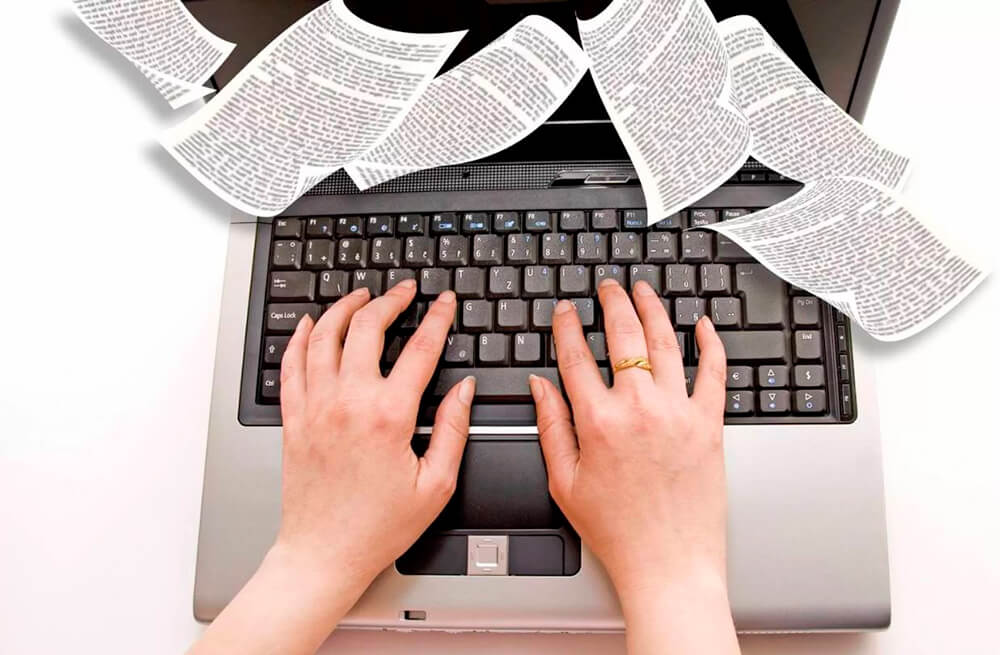Text editing is one of the stages of preparing a high-quality translation. To understand why proofreading and proofreading of texts are needed, we asked several questions to the editor with ten years of experience, English translator P.V. Aleksandrov.
Hello Petr Vladimirovich! Let’s start with the main question: “Why does a translator amharic to english need an editor?” There is an opinion that a good specialist does not need it, and a corrector will not save a bad job anyway. What is your opinion, as a professional, on this?

Shot of a team of colleagues having a meeting in a office
The reasons for such reasoning are in a misunderstanding of what the editor is actually doing. Mistakes are found in many texts, but behind the flow of words, information, deepening, first of all, into the meaning of what is written, they are not so easy to discern. The task of the editor is to see and correct these mistakes, to make the text flawless.
In addition, he makes sure that nothing is omitted or added from himself during the translation. Strives to bring the text as close as possible to the original. Although not every addition can be regarded as superfluous. Sometimes the translation of one foreign word does not fit into one Russian. We have to figure out whether the translator understood the original correctly and whether he correctly expressed the thought he read in Russian.
What kind of errors do you have to deal with?
Most often these are stylistic errors, semantic inaccuracies. Each master has his own technique and manner of translation. Keeping attention on the accuracy of the transfer of meaning, it is easy to lose the ease of perception of words. There are also spelling errors – grammatical, spelling, punctuation. They arise not because of the author’s illiteracy, as one might immediately assume, but because of a “blurred” look or work in a hurry. Someone else’s fresh look immediately catches them.
Maybe what the editor considered a style error is actually the handwriting of the performer?
The Russian language is rich in means for expressive description of the slightest nuances of meaning. Excessive ornate presentation, incorrect use of certain words lead to a distortion of meaning. Translation is, first of all, a reflection of the true style of the author, conveying to the reader the correct impression of the work. This applies not only to works of art or journalism. There are certain characteristics inherent in business writing, scientific articles, technical descriptions, jurisprudence.
Do translators argue with editors when semantic or stylistic errors are pointed out to them?
Fortunately, I can’t remember any conflicts with translators, but a professional always strives to substantiate his point of view. We have to prove, re-analyze the issue, analyze. Ideally, specialists should understand each other and work together. Authoritative editors are trusted by translators, their opinions are listened to.
What are the qualities of an editor? Can a translator entrust the editing of his work to a colleague-translator?
Editing skills need to be learned. Not all translators can act as an editor of other people’s texts. When editing a translation, you have to go through the whole process of working with text from the very beginning, but at a deeper level. It is much easier for other specialists to re-translate than to try to understand the preferences and stylistic features of their colleague’s work. Translation and editing are two completely different activities. A modern editor must have an excellent knowledge of the language, terminology, be an advanced computer user and have a fair amount of courage – to point out other people’s mistakes and defend their point of view. You cannot enter this profession without the appropriate knowledge and training.
Have there been cases in your practice when you had to return the entire text for re-translation?
In addition to collaborating with professional translators, I sometimes edit the translations of novice specialists, for example, students of language universities. There have been cases like this while working with them.
The texts of the employees of translation agencies undergo the editing procedure without fail. What advice would you give to translators working on their own?
Today, no one denies the need to involve editors in translation. The best translators even insist that their texts be edited. The editor does not replace the translator. All people make mistakes from time to time. So that the error does not move to a qualitatively new level and does not become a problem, the text needs to be rechecked. But not just a philologist, for linguistic conformity, should edit the translation, but a specialist with the necessary professional qualifications – a lawyer, engineer, doctor. Many experienced editors today also work remotely. Find a specialist that suits you and create a creative and business tandem.

